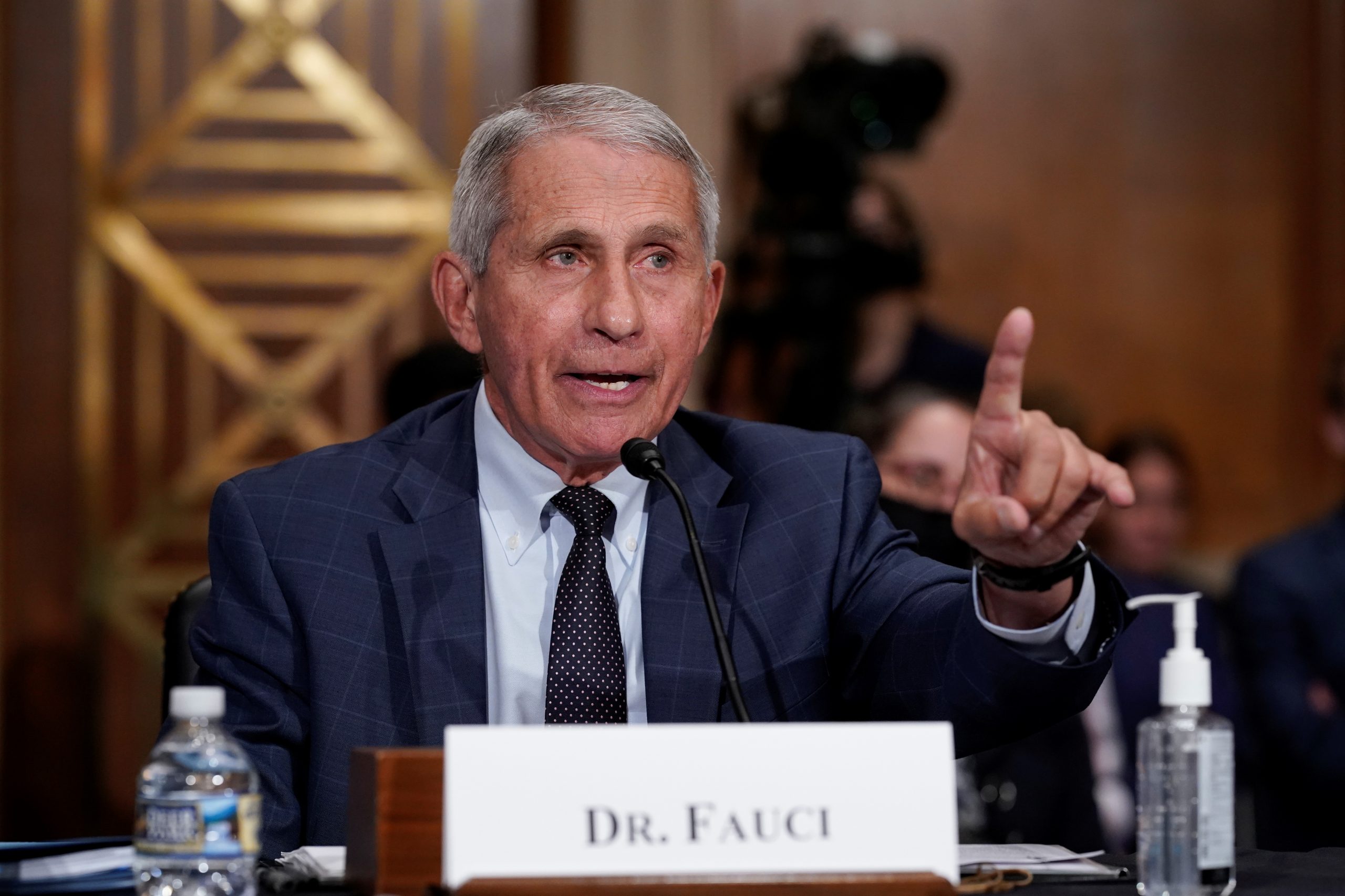
Lauren C. Moye, FISM News
[elfsight_social_share_buttons id=”1″]
Dr. Anthony Fauci, the “top doctor” in the U.S. and the government’s spokesperson and leader for COVID-19 pandemic responses, is now downplaying his part in school closures amidst damning education decline reports.
“I don’t want to use the word mistake,” Fauci said when asked if school closures were a mistake during an interview yesterday with ABC’s Jonathan Karl.
“We should realize, and have realized, that there will be deleterious collateral consequences when you do something like that,” he added.
Those harmful consequences have become increasingly important to American voters. An Oct. 12 Rasmussen report found that 77% of U.S. voters believe education issues will be important in the midterm elections, with 45% of them expecting it to be “very important.”
Fauci, who is retiring in December after 38 years as the director of the National Institute of Allergy and Infectious Diseases, is now seeking to clear himself and the Biden administration of making a bad call as voters are set to have their voices heard on Nov. 8th.
According to Fauci, he emphasized health officials should do “everything we can to keep the schools open.”
“No one plays that clip,” he stated. “They always say ‘Fauci was responsible for closing schools.’ I had nothing to do [with it]. I mean, let’s get down to facts.”
In line with Fauci’s wishes, here are the facts:
On March 20, 2020, he told PBS, “So, clearly, in certain circumstances, particularly in areas where there’s community spread, the schools should be closed.”
The next month, he criticized Florida Governor Ron DeSantis for wanting to reopen schools.
On August 2020, he said areas with high rates of cases need to “think twice” before reopening schools during a live stream event with George Washington University. He also reiterated that there is a danger of children spreading the pandemic to vulnerable populations because they “can transmit to adults just as easily as adults can transmit to adults.”
In September 2020, he told CNN that schools should only reopen “once the virus is under control.”
It wasn’t until later in the pandemic that Fauci softened his approach to re-opening and began saying that “the default position” should be to “keep the children in school or to get them back to school.”
Just one month ago, while speaking at the Texas Tribune Festival, Fauci defended the school closures. He said that school closures were worthwhile “for a number of reasons” including that 1,400 children still died during the pandemic even with school closures and that limiting children’s exposures might have prevented so-called “long-Covid” from affecting the demographic in greater numbers.
Now, under increased heat over education declines, Fauci wants to minimize his part in school lockdowns. The consequences of distance learning and school closures will be felt in the U.S. for decades to come.
Just last week, an American College Testing report showed that ACT scores have declined to 19.8 out of a possible 36. This is the lowest it’s been since 1991 and a half-point decline from 2021.
The same report also shows that 42% of graduating 2022 seniors have failed to meet any subject benchmarks in English, reading, math, or science. ACT CEO Janet Goodwin called the declines “particularly alarming.”
The learning loss is not limited to seniors. Test scores released in September showed a drop in 9-year-olds reading and math abilities to a level not seen in two decades. The National Center for Education Assistance revealed that minorities were disproportionately impacted, with black students declining 13-points in math compared to the 5-point decline witnessed in white students.
In March, FISM also reported on discovered education gaps between pre-pandemic levels and now. Two studies revealed that the devastating consequences of distance learning had a greater impact on children from poorer families or those who already had learning difficulties.
Federal COVID relief packages included funds to assist schools in closing this education gap. However, GOP congressmen began an investigation in September into how those funds were used after reports surfaced of some school systems paying for “racially biased and other progressive leftist programs” like Critical Race Theory and LGBTQ competency training rather than investing them in math, science, and language arts.
